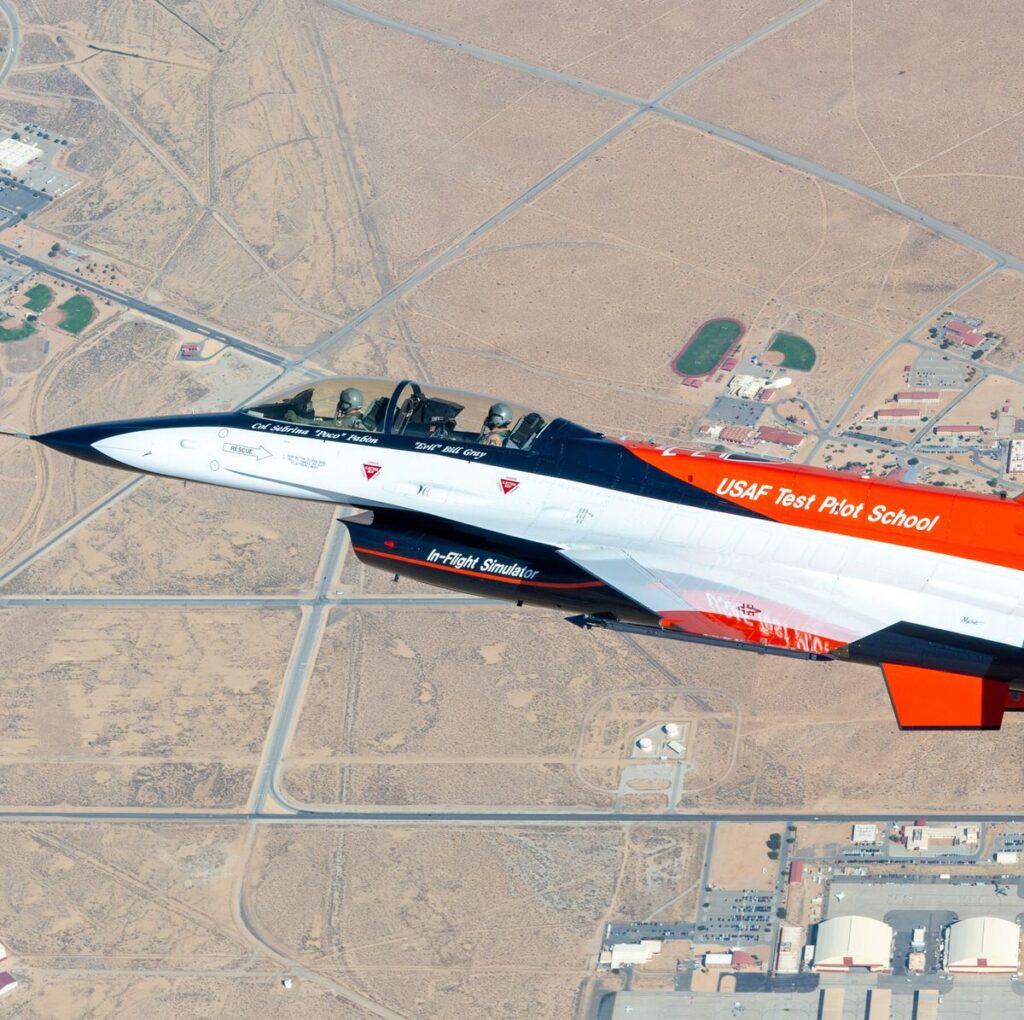
In a major milestone for the field of artificial intelligence, an AI bot flew an F-16 for 17 hours. A team of researchers at the University of California, Berkeley, successfully flew an F-16 fighter jet. The AI flew the jet for a record-breaking 17 hours.
The team carried out the experiment at a military airbase in Nevada. The AI system controlled the aircraft’s takeoff, flight, and landing. A human pilot was present in the cockpit to monitor the system and take control if necessary.
The team of researchers was led by Professor Stuart Russell. They developed the AI system using deep reinforcement learning. It is a type of machine learning that involves training algorithms to make decisions based on rewards and penalties.
The researchers trained the AI system using simulations of various flight scenarios. These scenarios include takeoff, cruising, and landing. Moreover, the team trained the AI for emergency situations such as engine failure and weather conditions. Lastly, the researchers also trained the system to respond to voice commands from the human pilot.
During the 17-hour flight in which the Artificial Intelligence flew the F-16. The AI system demonstrated its ability to navigate complex airspace. Moreover, it was actively responding to changing weather conditions. In addition, it also performed in-flight maneuvers such as rolls and turns.
The experts have hailed the experiment as a major breakthrough in the development of autonomous aircraft. It can have far-reaching implications for the military and civilian aviation industries.
Advocates of autonomous aircraft argue that they could reduce the risk of human error, improve safety, and increase the efficiency of air travel. However, there are also concerns about the potential for AI systems to malfunction or be hacked, raising questions about their reliability and security.
Professor Russell acknowledged these concerns but emphasized that the experiment was conducted with safety as the top priority.
“We took every precaution to ensure the safety of the aircraft and the human pilot,” he said. “We believe that autonomous aircraft have the potential to revolutionize the way we travel and do business, but we must ensure that they are developed and deployed in a responsible and safe manner.”
The successful flight comes at a time when the aviation industry is facing increasing pressure to reduce its carbon footprint and find more sustainable ways of operating. Proponents of autonomous aircraft argue that they could help reduce emissions by improving the efficiency of air travel.
The next step for the team at Berkeley is to further develop and refine the AI system, with the ultimate goal of creating fully autonomous aircraft that can operate safely and reliably in a range of conditions.
The successful flight marks a major milestone in the development of autonomous aircraft and could pave the way for a new era of aviation.
